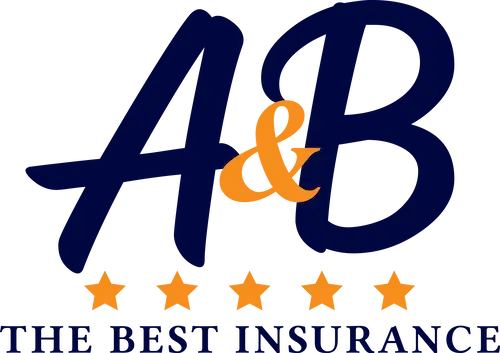Introduction
Trees can be a beautiful addition to your property, but they also come with certain legal and insurance implications, especially when they fall.
Understanding your responsibilities and rights as a homeowner can help you manage these situations more effectively.
When an “Act of God” Takes Down a Tree
- In legal terms, an “Act of God” refers to natural events outside human control, such as severe winds, hurricanes, or other extreme weather conditions. If a healthy tree on your property falls onto a neighbor’s property due to such an event, generally, you are not held liable. In these cases, the neighbor should file a claim with their homeowner’s insurance to reimburse damages. This rule is based on the premise that you, as a homeowner, could not have anticipated or prevented the natural disaster that caused the tree to fall.
Liability for Neglected Trees
- The scenario changes significantly if a tree that falls is dead or visibly unhealthy. If such a tree causes damage to a neighbor’s property, you could be held liable if it can be proven that you were aware, or should have been aware, of the tree’s poor condition. For instance, if a neighbor has previously expressed concerns about a tree on your property that you ignored, and later, the tree falls and causes damage, your neighbor might have grounds to seek compensation from you. In such situations, the neighbor would need to demonstrate that the tree was unhealthy and that you were notified or otherwise aware of the condition of the tree. Documentation such as emails, text messages, or even photographs can serve as evidence in these disputes.
The Importance of Maintenance
As a homeowner, it’s crucial to maintain not only your home but also your property, including trees. Homeowner’s insurance is designed to cover sudden and accidental losses; it is not intended to cover costs related to maintenance or preventable damages. Regular inspections and maintenance of the trees in your yard can help prevent these issues and potentially save you from costly legal battles and insurance claims.
Proactive Steps You Can Take
- Regular Tree Assessments: Hire a professional arborist to inspect your trees, particularly if your trees are large and old. They can assess the health of the trees and recommend necessary actions, such as pruning or removal.
- Document Your Efforts: Keep records of any maintenance and inspections done on your trees. This documentation can be invaluable in disputes to demonstrate that you have taken responsible steps to prevent potential damage.
- Communicate with Neighbors: If a tree on your property could impact your neighbors, proactive communication can be key. If a neighbor expresses concerns about a tree, take them seriously and have the tree assessed.
